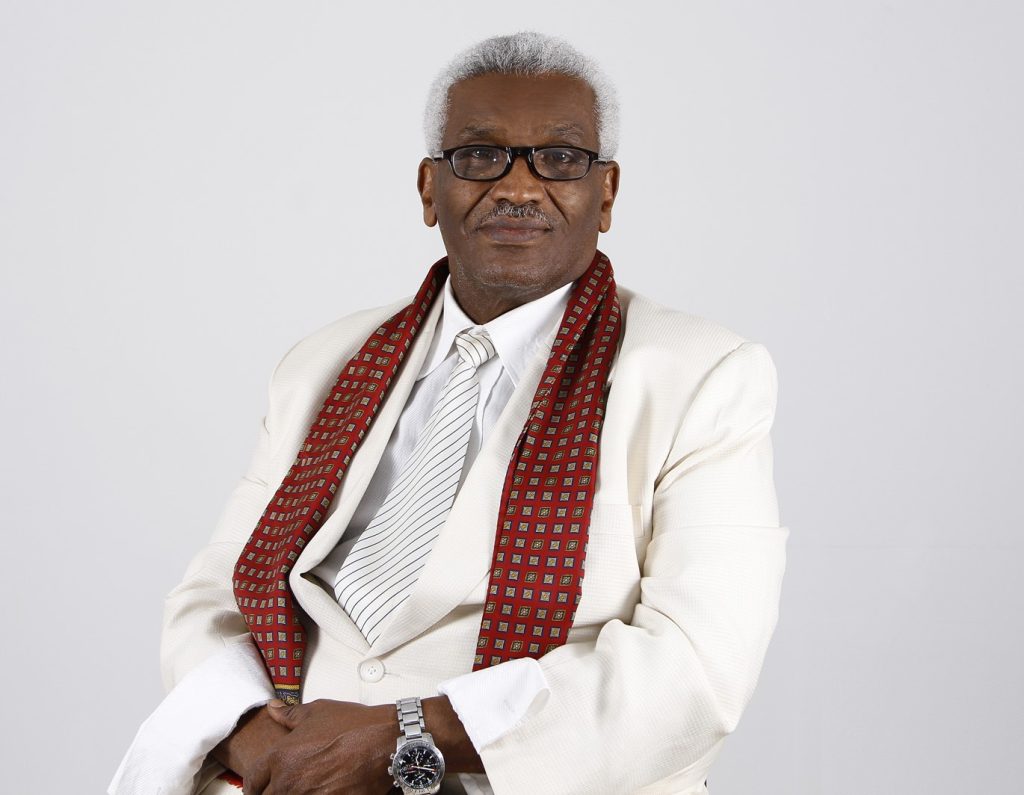
As per the Law of Commerce, in Bahrain, a mortgage is deemed to be commercial for all the parties concerned where it is created over movable property as security for a debt which is deemed commercial for the debtor. This is similar to the concept of “Floating mortgage” in English Law. A mortgage shall not be effective towards a third party unless possession of the mortgaged property is transferred to the mortgagee or trustee appointed by the contracting parties and remains in the possession of the person receiving it until release of the mortgage. The mortgagee shall be processor of the mortgaged property, if placed at his disposal to lead others to believe the property is brought under custody, and, if he receives an instrument representing the mortgaged property and confers on its holder the right to take delivery of such property. Possession of rights shall pass upon delivery of instruments establishing such rights. Where the instrument is deposited with a third party the delivery of the instrument receipt shall be deemed as the delivery of the document itself. In this event, the depositary shall be deemed as having relinquished every right of lien with regard to this instrument for an account resulting from prior to the mortgage.
Commercial mortgage may established between the parties and towards third parties by all items of admissible evidence in matters of commercial law. A mortgagee shall, if requested by the mortgagor, give the latter a receipt showing the nature, quantity, weight and other distinctive characteristics of the mortgaged property. Where a mortgage is made on an appropriated property, the mortgage shall remain valid even when the mortgaged property has been replaced by property of the same kind. If the mortgaged property is ascertained, the mortgagor may replace it by other property provided that such replacement has been agreed in the contract of mortgage and provided that the creditor accepts the substitute, without prejudice to the rights of a bona fide third party.
The mortgagee shall perform all necessary acts to preserve the mortgaged property and shall exercise on behalf of the mortgagor all the rights associated with the mortgaged property, and shall receive its value, profits, interest and other amounts earned. He shall deduct from the sums received firstly the expenses incurred, secondly the interest and principal amount of the loan secured by the mortgage unless it is otherwise provided by the law or agreed by the parties. If the nominal value of instruments deposited by way of mortgage is not paid in full, the mortgagor shall pay, on demand, the unpaid balance. Otherwise the mortgagee shall be entitled to sell the instruments. The sale shall take place at the time and place determined by the Court and shall be effected by a public auction. The mortgagee shall have the priority to recover his debt including the principal, interest and expenses incurred, from the sale proceeds. If mortgage is made on several properties, the mortgagee shall be entitled to determine the property which shall be sold unless it is otherwise agreed. In all cases, the sale shall only be effected to the extent of satisfying the creditor’s right. If the mortgaged property is perishable, liable to damage, or expensive to maintain and the debtor is unwilling to provide a substitute, the creditor or the debtor is entitled to request the Court to permit immediate sale.
Source: Dr, AbdelGadir Warsama – Legal Counsel / Africanewsanalysis.com
